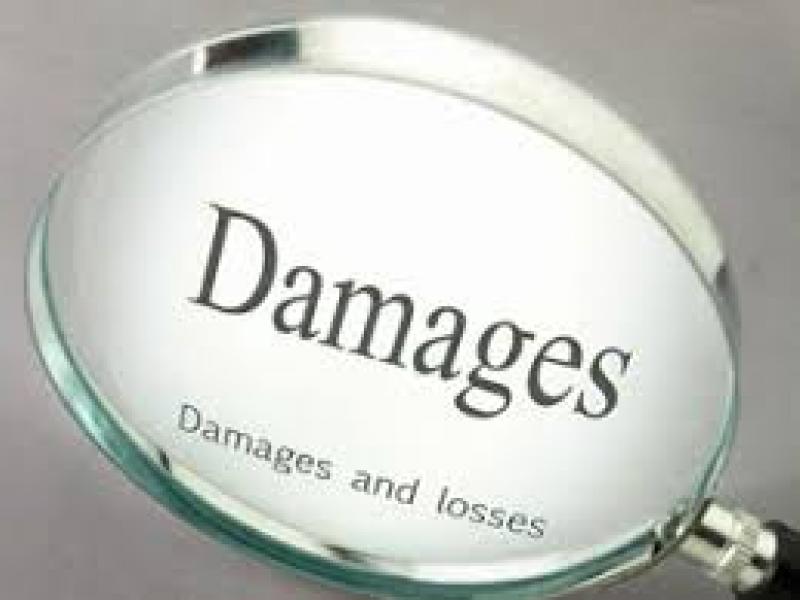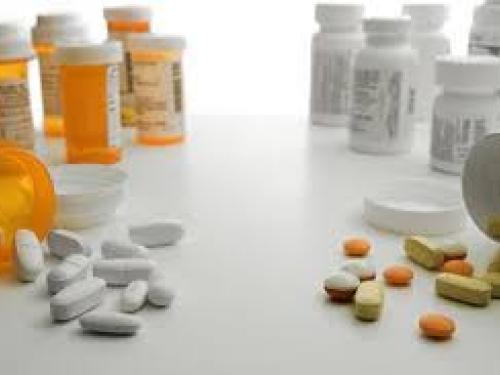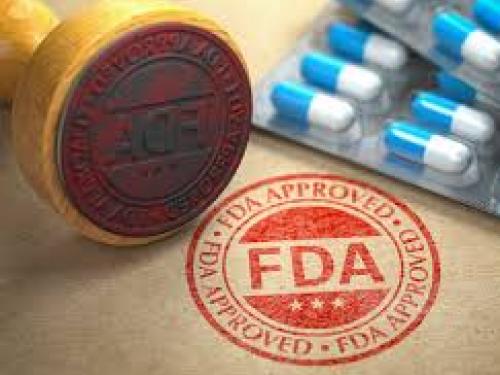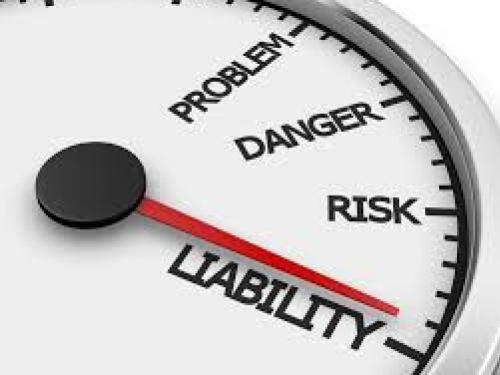Prescription drugs and over-the-counter medications are supposed to help us stay healthy, but when those drugs don't work as intended, the consequences can be disastrous.
If a defective drug resulted in injuries or loss of life, it may be possible to hold the drug manufacturer financially responsible via a product liability lawsuit.

Taking a defective drug may cause serious long-term physical, emotional and psychological injuries. Someone who was injured by a defective drug may struggle financially due to the burden of medical expenses and missed work. He or she may also experience pain and suffering, mental anguish or loss of enjoyment of life. In the most extreme cases, taking a defective drug can even cause death.

WHAT IS A DEFECTIVE DRUG?
Most drugs have the potential to cause some sort of negative reaction or unintended side effect. Therefore, not all drug injuries are caused by a drug being defective.
A defective drug is a prescription or over-the-counter medication that:
causes negative side effects; and
has side effects that are severe enough to outweigh the drug's potential benefits.

WHO DECIDES A NEW DRUG IS SAFE?
The Federal Drug Administration (FDA) regulates the sale of prescription and over-the-counter medication in the U.S. People sometimes believe that FDA approval automatically means a drug won't hurt them. But FDA approval does not necessarily mean a drug is safe.
Thousands of FDA-approved defective drugs have been recalled in recent years. Some defects were identified by the manufacturer who then voluntarily recalled a defective drug. Some drugs have been recalled due to reports from consumers who were injured by taking the defective drug.

HOLDING A DRUG MANUFACTURER RESPONSIBLE FOR DEFECTIVE DRUGS
There are a number of different ways to potentially recover compensation from a drug company for defective drug injuries. These include:
Strict liability - Manufacturers can be held liable (financially responsible) for injuries caused by their defective products, even if the manufacturer did not know the product was defective.
Negligence - If the manufacturer was unreasonably careless in testing or manufacturing a drug, the company could potentially be found liable for injuries that occur due to its negligence.
Failure to warn - If a drug manufacturer does not provide adequate warnings, the company could potentially be found liable for injuries that occurred due to its failure to warn.
If it is proven that a defective drug caused a person's injuries, the injured person may be able to recover damages from the drug manufacturer. Damages include compensation for tangible things like medical expenses and lost wages, as well as intangible things such as pain and suffering, mental anguish and reduced quality of life.
